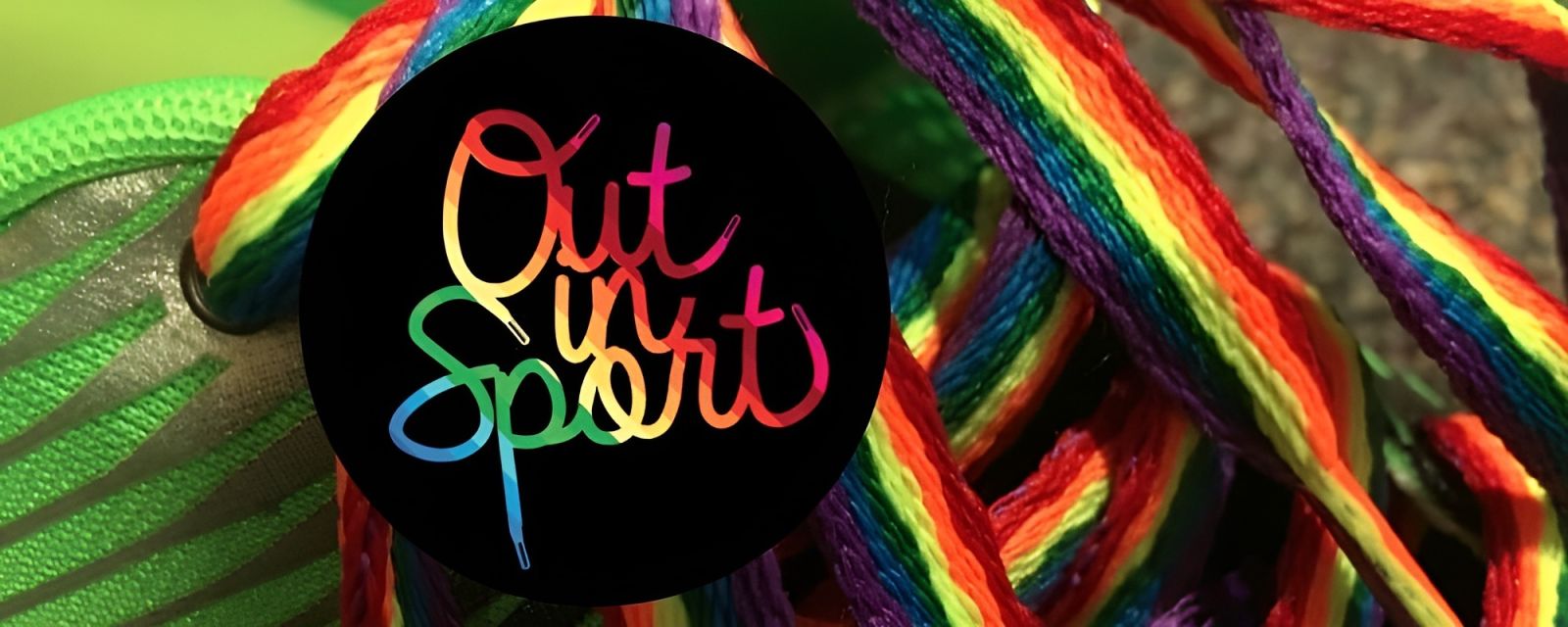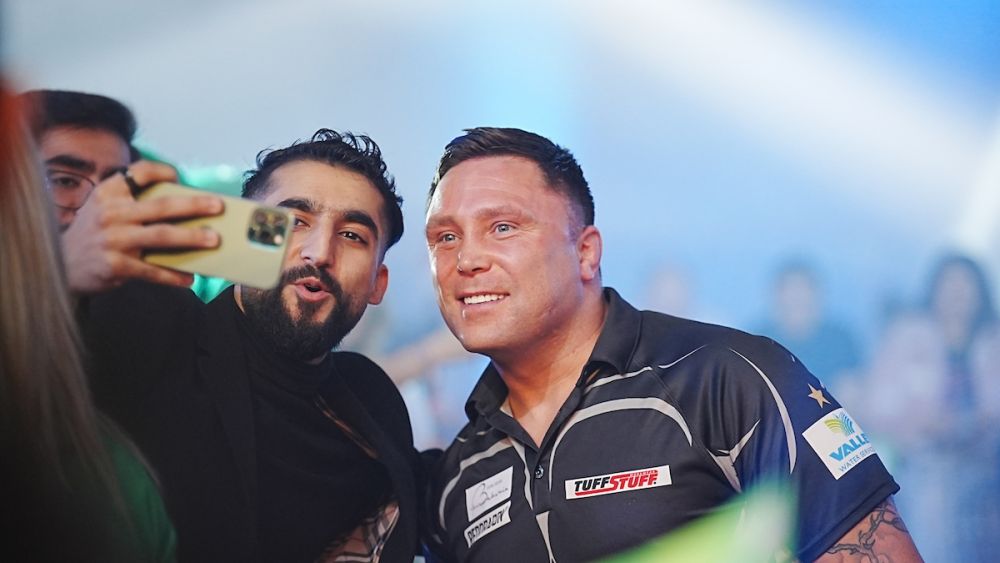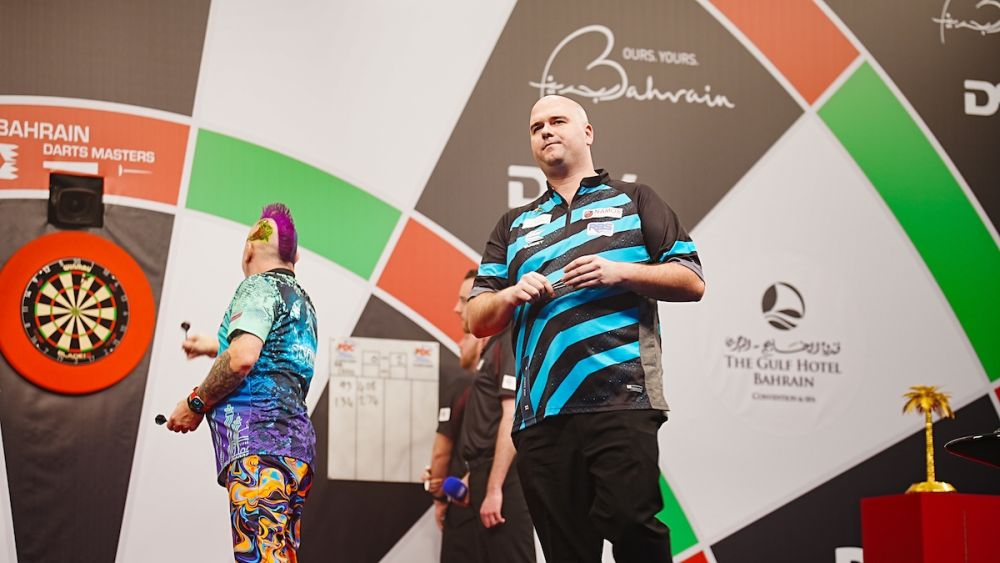PDPA Diversity, Inclusion & Rights Policy
CONTENTS:
- Foreword
- What is Inclusion
- What is Diversity
- Making things happen
- The benefits of Inclusion
- The PDPA Equality & Diversity Policy
- Worker Protection (Amendment of Equality Act 2010) Bill 2022-23:
- The DRA Trans and Gender Diverse Policy (Link)
Foreword:
The sporting landscape has changed enormously in recent years. Government and community expectations for good governance, integrity, equality, member protection and child safeguarding means that providing safe, fair and inclusive sporting environments is no longer an aspiration, but an imperative.
The demographic of the communities in which sport operates has also changed dramatically: for example, 25% of Australia’s population is born overseas, almost 50% have one parent born in other countries, 260 languages are spoken, one in five has a disability and over 50% are women and girls. As a result culturally, linguistically and gender diverse communities globally are looking for sporting options that celebrate diversity, promote inclusion, and most importantly, make people feel like they belong.
What is Inclusion?
Inclusion is pro-active behaviours, options and actions to make people from all backgrounds, ages and abilities feel welcome, respected and that they belong in any environment. Being inclusive is about following best practice for what sport should be so that everyone can get the most out of it.
What is Diversity?
Diversity is the mix of peoples’ different attributes and backgrounds (i.e. race, ethnicity, gender, age, disability, sexual orientation, religion). A good way to think about diversity is to think about your local community. Diversity is the mix of people and inclusion is trying to get this mix to all work together in harmony.




